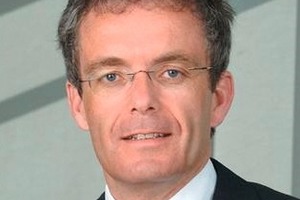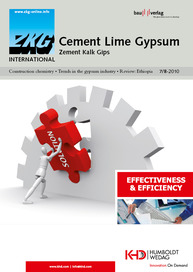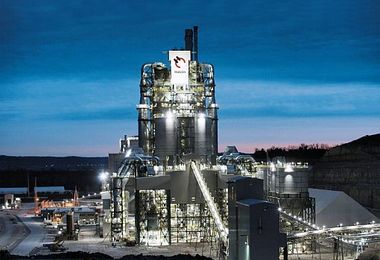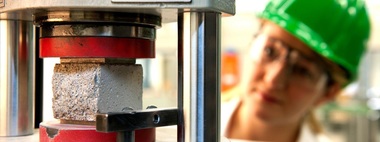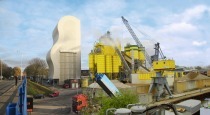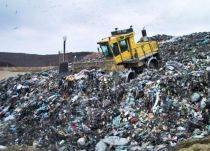HeidelbergCement joins German DAX index
On 04.06.2010, the Deutsche Börse decided at the recommendation of the Working Committee for Equity Indices that HeidelbergCement will be included in the DAX index, effective 21.06.2010. “We are very happy about the inclusion in the blue chip segment, comprising the 30 largest listed companies in Germany,” says Dr. Bernd Scheifele (Fig.), CEO of HeidelbergCement. “This marks the achievement of an important company target in 2010. Inclusion in the DAX reflects the successful development of our company over the past twelve months.”

